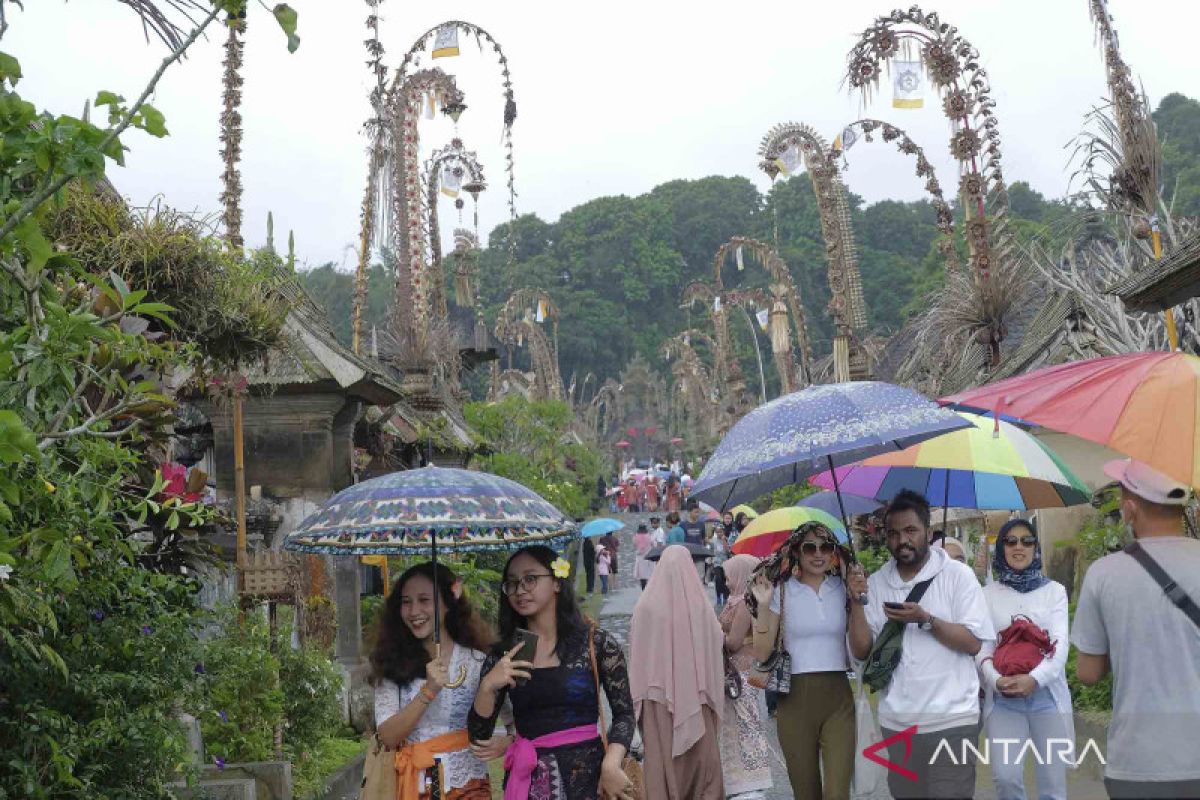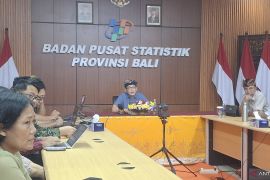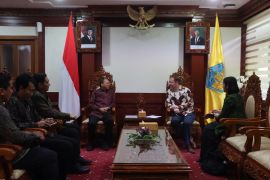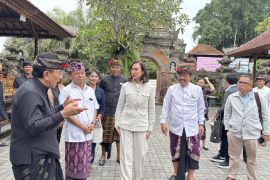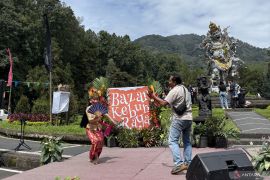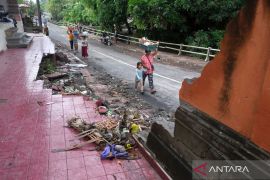To address these concerns, the provincial government then began taking steps to handle foreign tourists that violated their stay permits and those who opened illegal small businesses that harmed the locals.
Bali Deputy Governor Tjok Oka Artha Ardhana Sukawati stated that Bali is facing two serious challenges in the form of creating quality tourism with tourists willing to pay a higher price or granting freedom.
“Will we improve the quality to make the tourists obedient or should we become obedient to increase the quality of our tourism? Our tourism actors agreed to become obedient first,” he affirmed.
Citing the example of Singapore, Sukawati stated that good-quality tourism will be followed by an increase in prices. However, if tourists are disappointed with the level of safety and comfort in Bali, then it will fail to maintain its good image.
Hence, the regional government issued Bali Province Regulation Number 5 of 2020 and Bali Governor Regulation Number 28 of 2020 as the basis.
Head of the Bali Provincial Tourism Service Tjok Bagus Pemayun called to focus on Bali Provincial Regulation Number 5 of 2020 concerning tourism implementation standards and Bali Governor Regulation Number 28 of 2020 concerning Bali Tourism Management during the transition to the endemic phase.
Regarding tourism management, the Bali governor's regulation emphasized that the region was looking for quality tourists.
“One lesson we learned from the pandemic is that tourists are looking for healthy, safe, and comfortable tourism. The regional government had prepared it actually,” Pemayun remarked.
Several efforts have also been made by the regional government to realize quality tourism in Bali, including the establishment of a tourism task force, comprising the Tourism Service, Public Order Security Agency (Satpol PP), Immigration, tourism association, and related stakeholders to handle tourists violating laws and regulations.
Through these efforts, the regional government was able to filter tourists visiting the region. They were able to find various violations, such as traffic violations in the form of riding vehicles with illegal license plates, not wearing helmets, or wearing inappropriate clothing.
In addition, several foreign tourists also faked their Indonesian identity cards, started businesses illegally, and violated the use of their visas.
In order to realize quality tourism, Pemayun stated that the tourism task force would continue to take action against tourists violating regulations and not only when the case went viral.
"The prosecution must be routinely carried out because it is the result of our coordination with related agencies. However, one thing that we must underline is that we have never hindered foreign tourists," he stated.
In the transition to the endemic phase, the local government also seeks the commitment of tourism actors by continuing to implement the pledge made during the COVID-19 pandemic, such as readiness to conduct source-based waste management, including waste sorting from hotel rooms, applying the use of the Balinese script, and implementing cleanliness, health, safety, and environmental sustainability (CHSE).
“In addition, we are developing cultural tourism because we do not have natural resources. In order to become sustainable, our local culture must be preserved, along with quality tourists, who come to protect the environment," he remarked.
Apart from developing quality tourism during the momentum presented by the pandemic, Bali Province has also been actively involved in helping the community for three years.
This started with donating masks to all regions through traditional villages, holding mutual cooperation markets, to cutting wages by 10 percent for each month used to shop at the mutual cooperation market at that time.
"Also regarding budget refocusing, in addition to handling COVID-19, we provide relaxation to those affected. We are all refocusing as well as asking the ministries to help us at that time," he noted.
During the COVID-19 pandemic, tourism, as a supporting sector in Bali, experienced a decrease with no foreign tourists visiting the island.
In 2020, Bali's economy declined, with a contraction of -9.31 percent and -2.47 percent in 2021. In 2022, Bali’s economy started to rebound, with economic growth of 1.43 percent in the first quarter, followed by 3.05 percent in the second quarter and 8.09 percent (yoy) in the third quarter.
The border reopening for foreign tourists on March 22 was able to generate a total of 2.3 million tourist visits by the end of 2022.
The recovery of Bali's tourism and economy is apparent from the steady flow of tourists. Hence, Bali Governor Wayan Koster is targeting foreign tourist visits at 4.5 million at the end of this year.
Based on the latest data announced by the Indonesian Statistics (BPS) in the Bali Office on April 3, at least 323,623 foreign tourist visits were recorded in February 2023.
This number decreased by 2.50 percent as compared to January 2023, but the average length of stay of foreign and domestic guests at star-rated hotels in Bali in February 2023 increased 0.06 percent as compared to January, which was 2.42 days, from the previous 2.36 days.
The situation that occurred during the pandemic had truly become a momentum to improve Bali by designing quality tourism during the transition to the endemic phase.
Related news: Access to ASEAN air transportation drives Bali's tourism: BPS
Related news: Ban on tourists renting motorbikes aims to ensure safety: Minister
Translator: Ni Putu Putri M, Resinta S
Editor: Rahmad Nasution
Copyright © ANTARA 2023
